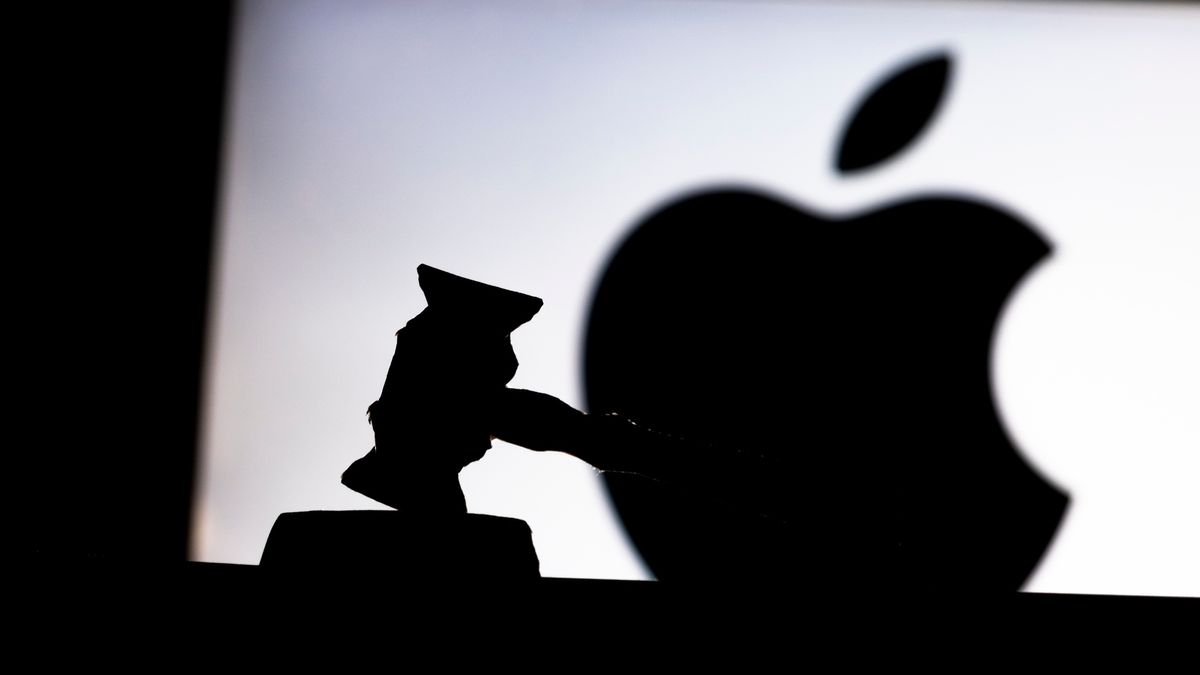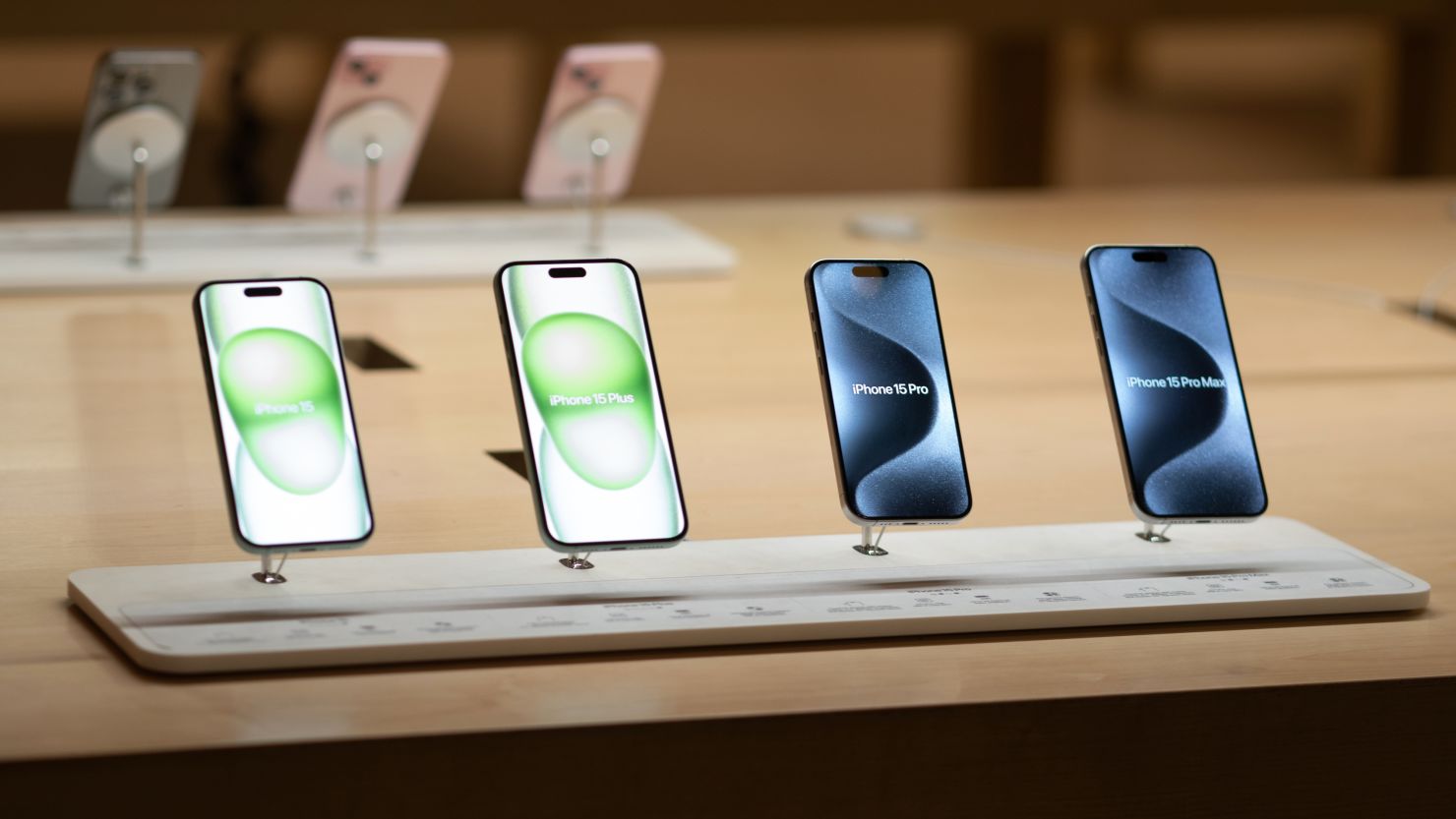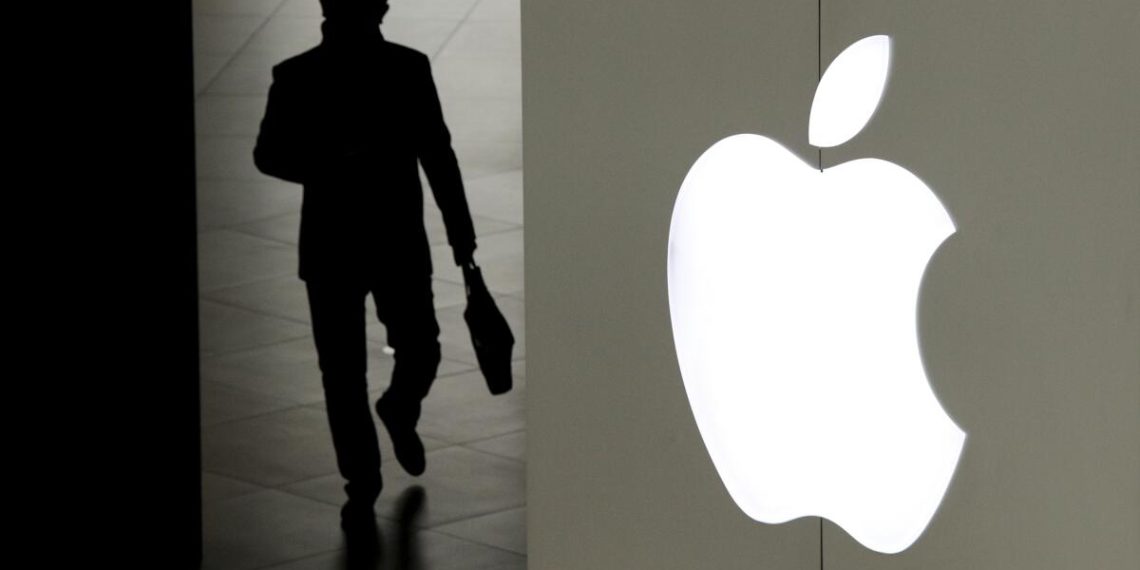Amidst heightened antitrust scrutiny, Apple faces a surge of consumer lawsuits alleging monopolistic practices in the smartphone market.
Since Friday, at least three proposed class actions have been filed in California and New Jersey federal courts, asserting that Apple artificially inflated product costs through anti-competitive behavior.
These legal actions echo allegations brought forth by the U.S. Justice Department and 15 states, accusing Apple of stifling competition in smartphone technology like messaging apps and digital wallets.

Apple vehemently denies the government’s antitrust claims and has not yet responded to requests for comment on the recent consumer lawsuits.
Attorney Steve Berman, representing one of the cases, expressed satisfaction that the Justice Department aligns with their approach. While other attorneys involved in the lawsuits have not commented, the legal landscape indicates an escalating battle for Apple.
These new legal challenges add to Apple’s existing courtroom woes, including a class action lawsuit alleging monopolization of the iPhone app market. Despite Apple’s denial of wrongdoing, a judge ruled in February for the class action to proceed.

This legal confrontation follows previous settlements between Apple and Hagens Berman Sobol Shapiro, highlighting the ongoing scrutiny over Apple’s business practices.
Amidst the legal fray, a 2022 study suggests that private antitrust class actions could potentially surpass government cases in uncovering misconduct and securing compensation for affected parties.
As Apple grapples with mounting legal pressure, the outcomes of these lawsuits could have far-reaching implications for the tech giant and the broader smartphone industry.





